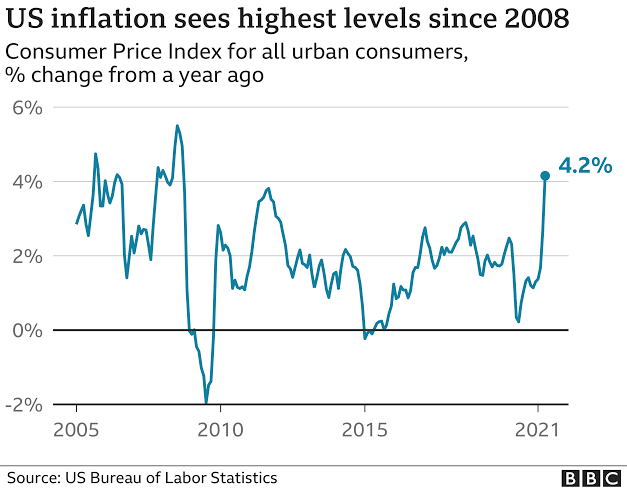Premium Times
By Osmund Agbo
A society of everything goes where the end is what justifies the means. That explains why Nigeria is world famous for advance-free fraud.
If you have ever thought of victims of Ponzi schemes as a bunch of dim-wits, lacking in brain power to process facts needed in making sound judgements, think again. You might be totally wrong. It turns out that greed and sleaze have a way of clouding the human sensorium and completely filling our cerebral cortex with a lethal concentration of endorphins. Or how else to explain that a university professor of repute would invest his entire life savings in a business that promises a consistent 30 per cent return.
In the aftermath of World War I, the cost of postage in Italy, expressed in United States dollars, fell precipitously due to the high rate of inflation in that country. That meant that an international reply coupon (IRC), something that allowed a person in one country to pay for the postage of a reply to a correspondent in another country, could be bought relatively cheaper in Italy and exchanged for U.S. stamps of higher value. The stamps could then be sold for profit through an arbitrage. Charles Ponzi, an Italian immigrant in America, sold this idea to his clients, making the bogus claim that the net profit on these transactions, after expenses and exchange rates, was in excess of 400 per cent. He was able to convince several of his clients that he would double their investment in just three months. In fact, he later shortened it to 45 days at 50 per cent interest. Investors from all over America came beating a path to his door. Of course, Mr Ponzi knew from day one that no such return was even remotely feasible but he understood how to exploit human greed nonetheless.
As with any pyramid scheme, he lured investors by paying profits to earlier investors with funds received from more recent investors. That made his victims believe that profits were coming from legitimate business undertakings, not realising that the entire scheme was an act of fleecing Peter to pay Paul. His world came crashing when authorities started to question how he was able to rake in such a huge return at a time when banks were offering just a 5 per cent return. This worried his investors, many of who then came to cash out in droves, leading to the collapse of the scheme. Charles Ponzi was arrested. He later confessed to his crime and served a prison sentence. In the end, he died a miserable man on January 18, 1949 in Rio de Janeiro, Brazil, a place far removed from home. Though Mr Ponzi had come and gone, his pyramid scheme, now christened the Ponzi scheme, exploded. It has now become a popular “business model”, gaining new customers (insert victims) everyday, all across the world and, of course, including Nigeria.
In May, the Economic and Financial Crimes Commission (EFCC) arrested one Amos Olugbenga Olaniyan for allegedly defrauding Nigerians to the tune of approximately N128 million. As the CEO of DHIL Nigeria Limited, he ran a weekly radio programme, through which he promised a monthly 30 per cent return to anyone willing to invest in his entity called Crime Alert Security Network. In the end, he neither paid any interest nor returned the principal to his clients, which included artisans earning daily pay and civil servants living on minimum wage. At the time of his arrest, he was living large and seen in possession of five exotic cars and choice real estates.
It was barely three months after Mr Olaniyan was busted that in September, another 24-year-old Nigerian named Adewale Jayeoba, who owns and operates a company called Wales Kingdom Capital Limited, was also declared wanted by the EFCC. Wale took the game a notch higher and allegedly helped himself to a whopping N935 million of customers’ funds.
The losses incurred in the situations described above, though huge, however pale in comparison to an estimated N18 billion that Nigerians lost to the Russian originated Mavrodi Mundial pyramid scheme (MMM) within a space of just two years. Even with the tough economic situation in the country, Nigerians continue to lose billions by the day to these blue-collar criminals.
Of course, we are pretty familiar with the story of one Phillip Akor, the CEO of Abuja-based Benignant Forte, a criminal enterprise fronted as a real estate investment company. His wedding was over the top and included a splurge of N4.5 million on cakes alone, obviously paid for with investors’ money. He has since disappeared without leaving a trace. Stories like these are so commonplace in Nigeria’s crooked investment landscape, causing a crisis of confidence that works against genuine businesses.
The losses incurred in the situations described above, though huge, however pale in comparison to an estimated N18 billion that Nigerians lost to the Russian originated Mavrodi Mundial pyramid scheme (MMM) within a space of just two years. Even with the tough economic situation…



Connect with us on our socials: